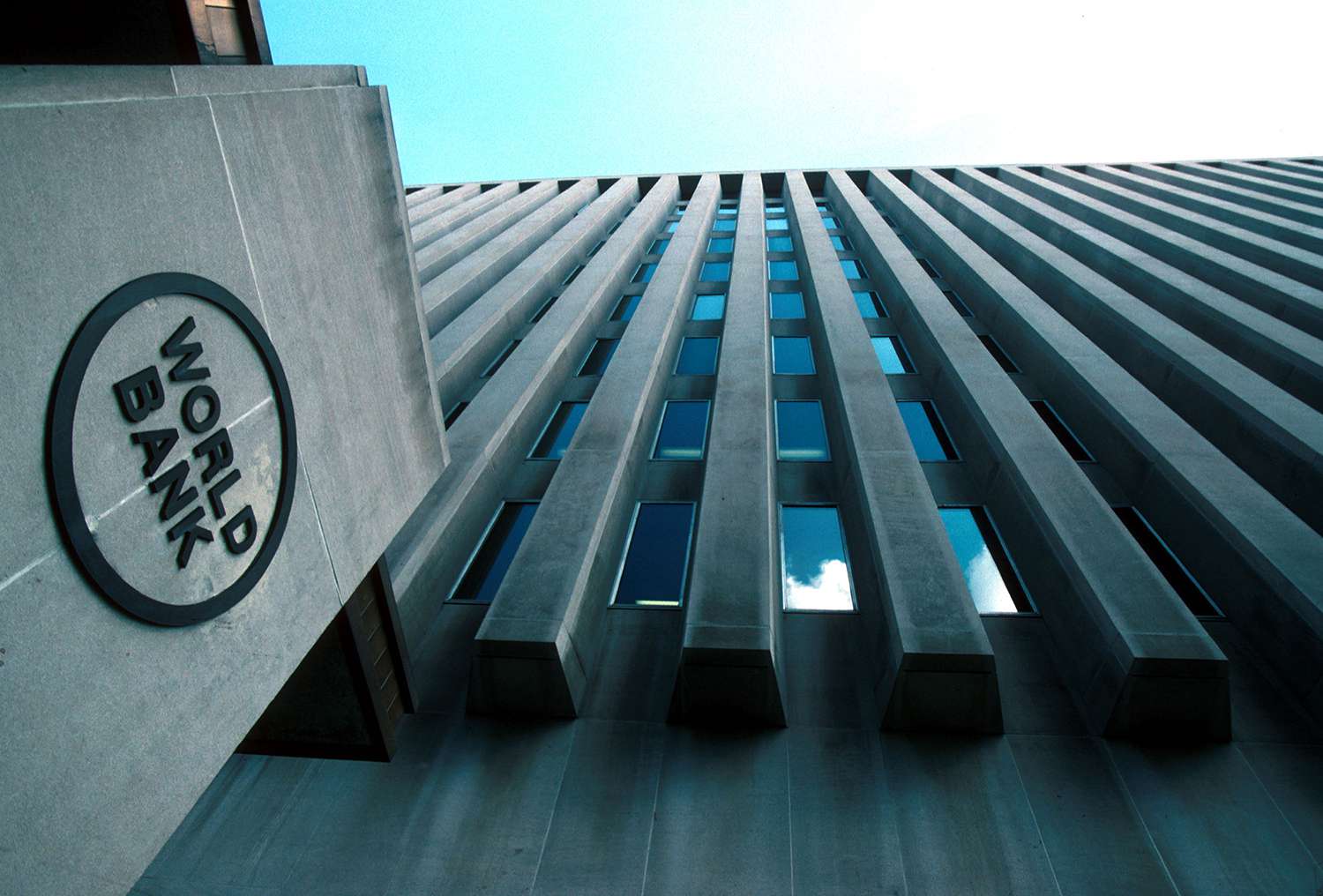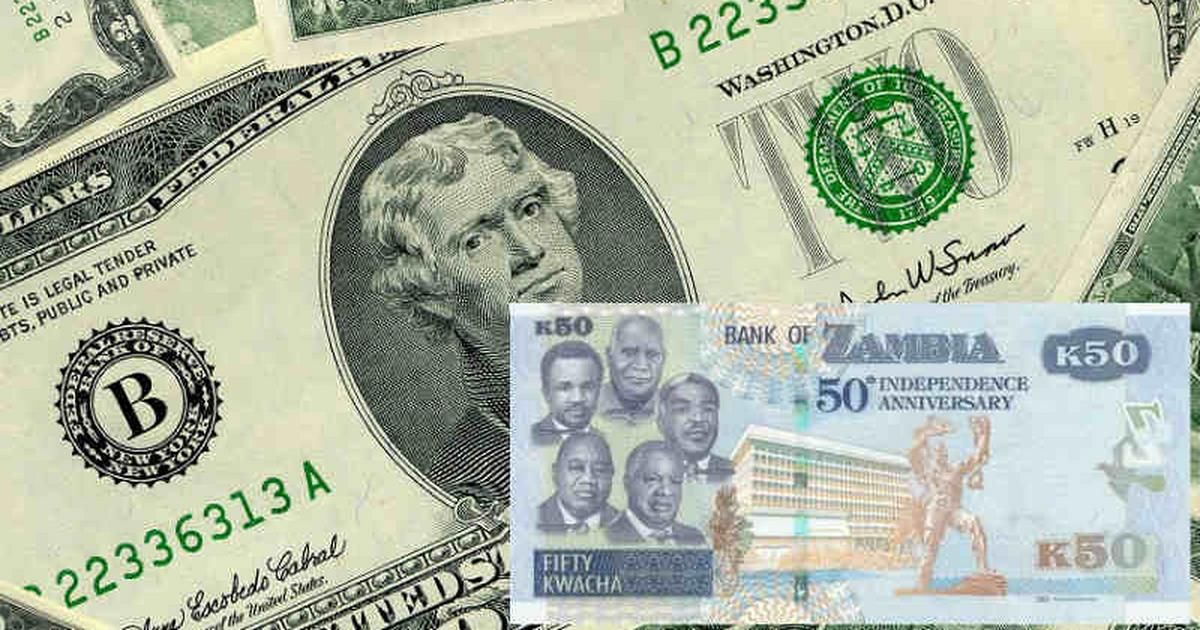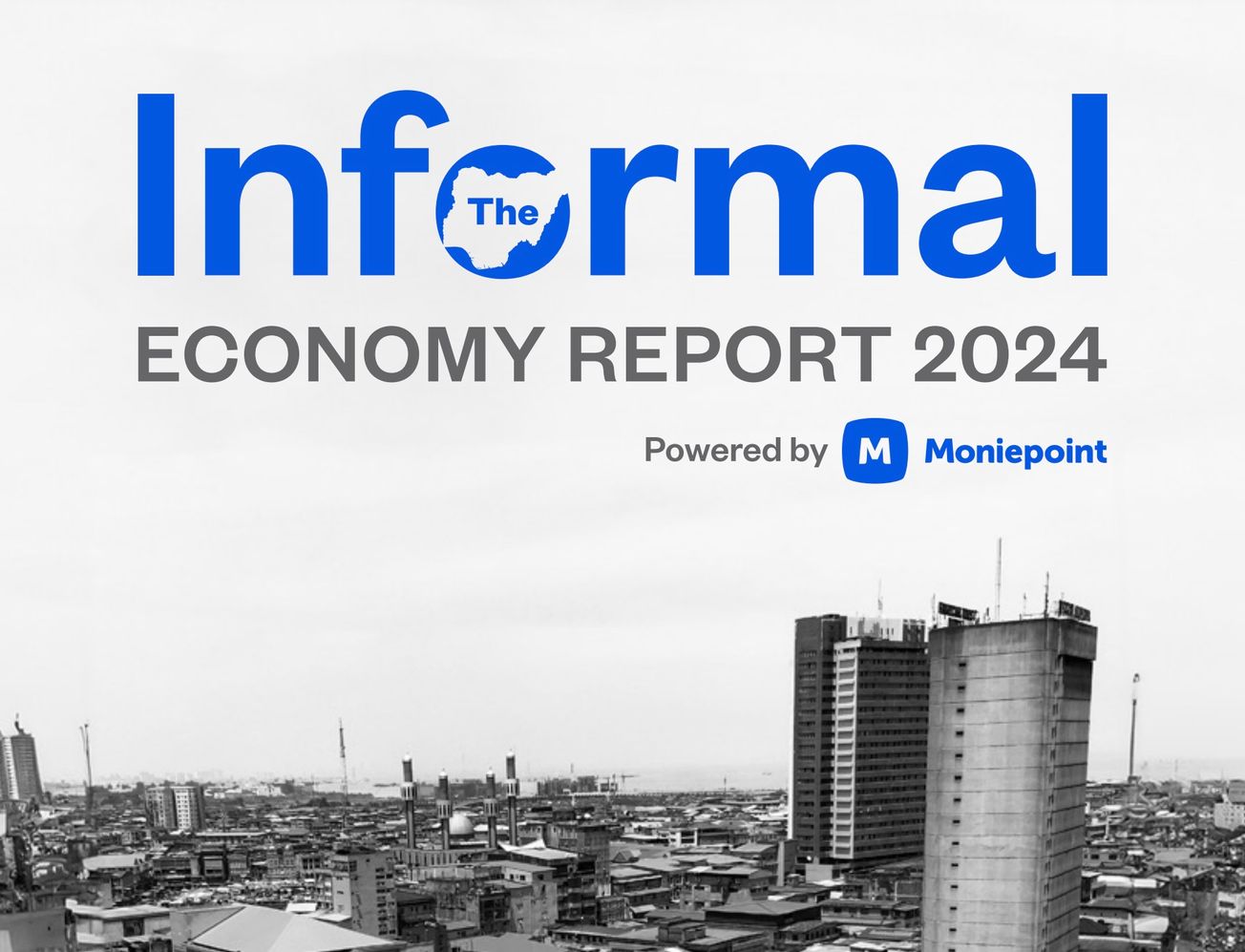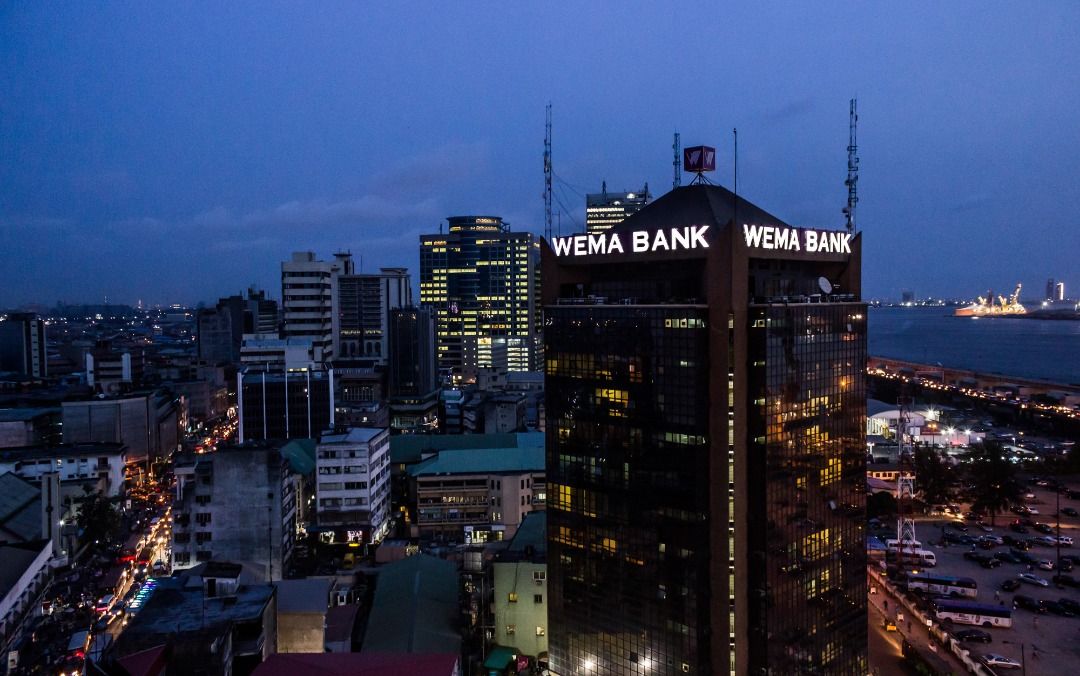Further escalation of the Middle East conflict with oil supply disruptions may push global inflation, the World Bank has warned. The World Bank's latest Commodity Markets Outlook reports that global commodity prices, which dropped nearly 40% from mid-2022 to mid-2023, have stabilized.
This stabilization makes it difficult for central banks to reduce interest rates quickly, as the decline in commodity prices significantly reduced global inflation by about 2 percentage points during that period. Despite this, commodity prices remain 38% higher than the pre-COVID average, and future forecasts predict a modest decrease of 3% in 2024 and 4% in 2025.
However, geopolitical tensions continue to affect commodity prices, particularly oil. If conflicts in the Middle East escalate, it could disrupt oil supplies and increase prices, potentially increasing global inflation. Brent crude oil prices are significantly above their pre-pandemic average and are expected to decrease slightly in the coming years, barring significant disruptions.
The report also highlights that while global growth is weakening, commodity prices are expected to remain elevated due to these ongoing tensions. Gold prices are anticipated to reach record highs in 2024 due to solid demand and geopolitical uncertainty. Similarly, prices for metals crucial for green technologies, like copper and aluminium, are also expected to rise due to increased investment in renewable energy and electric vehicles.
The report concludes that while individual forecasting methods for commodity prices have flaws, combining different analytical approaches and sound judgment tends to produce the most accurate predictions.








